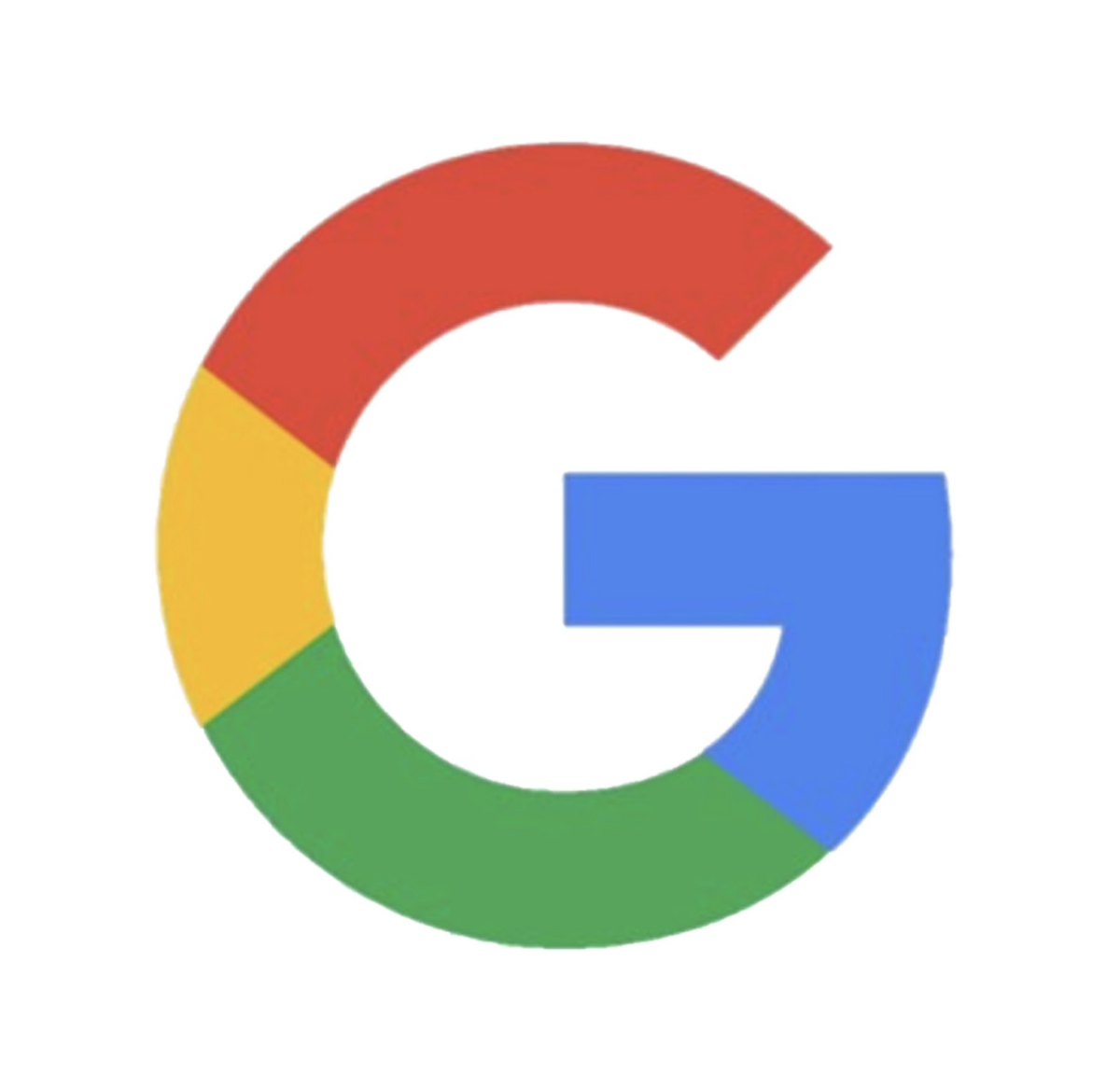On Tuesday, Sept. 12, the trial to decide if Google is a monopoly began. Google is under fire for having what some parties consider to be a monopoly on internet browsing. Most of this sentiment stems from an agreement in which Google pays Apple to make its search engine the default on Apple devices.
A monopoly is when one company or firm possesses complete control and regulation of a specific market in the economy. To create more fairness and protect competition in the economy, Congress has passed several laws prohibiting the monopolization of markets. These preserve entrepreneurial and ethical incentives, keeping prices lower and quality higher.
However, successfully dominating the entirety of a market with zero remaining viable competition is a very difficult and rare feat, so economists do not often see true monopolies. Instead, most antitrust cases occur in instances where one company controls most of a market. This is called possessing monopoly power.
The 21st century has brought new technology and, with it, many less-than-tangible industries. The search engine industry is difficult to monopolize, as it is a free service for all consumers.
However, the case the United States Department of Justice makes in this instance is not that Google is attempting to monopolize the market to take advantage of consumers. Rather, the opposition claims that Google illegally asserted its market dominance and the obstruction of its competitors through its deal with Apple.
According to StatCounter Global Stats, a tool used to compile various economic statistics, as of August 2023, Google owned nearly 92% of the search engine market share worldwide. The question remains whether this clear economic dominance is a result of illegal action or consumer preference.
GC’s online system is based on Microsoft 365 applications. Outlook, Word, PowerPoint and Excel must be used by students, even with Google having mirroring services of Gmail, Docs, Slides and Sheets. Even though the college provides all students with Microsoft accounts and assignments are often due in that format, many students still use what Google offers.
Iliana Martin, junior psychology major, uses both Google and Microsoft applications on her MacBook.
“I feel like it’s(Google Drive) a lot more user-friendly,” Martin said. “And aesthetically, it’s just easier for me to type in Google Drive, and I feel like I get more done when I’m in Google Drive. Like I’ll literally copy my essays over from Google Docs to Word.”
With students in the room expressing their agreement with Martin, it is clear that GC’s implementation of a Microsoft-based campus has not successfully edged out students’ use of Google. Undeniably, Google has succeeded in cementing itself as a frontrunner in office technology.
Dr. J.J. Arias, chair of the Department of Economics and Finance, finds the government’s argument that Google’s popularity is grounded in illegitimate practices to be somewhat of a weak case.
“It [having 90% market share] could just be that Google is superior, and they’re just offering a superior product,” Arias said. “Microsoft had their own browser for a long time called Internet Explorer. That was the default browser on all their PCs, all their laptops, all their computers.”
This memory of people actively swapping their preloaded browser for Google goes against a principle called default bias. In the study of behavioral economics, researchers have proven that people tend to just stick with the initially offered option. This concept is called default bias.
“Well, eventually, people just preferred Google, and so, I mean, I remember when we’d get computers at work or anything, Google was not the default. But people began to switch out of the default towards what they thought was a better product,” Arias said.
Default bias could be an argument used to explain Google’s popularity, as it is pre-downloaded on Apple products, and users have to go out of their way to use an alternate search engine. But Arias’s account of the downfall of Internet Explorer shows that many people truly saw something desirable in what Google had to offer.
This trial is set to continue over the next 10 weeks as the Justice Department attempts to prove that Google’s market dominance is not a result of genuine consumer performance but is instead the product of illegal and unethical actions. If Google does lose this trial, everybody may see some of the ramifications in their own technology.
“What would happen is, Apple or Android, they would just decide what they want to be their default browser,” Arias said. “But the thing is, if Google really does have that much market share and it really is a superior browser, they’ll probably just pick Google anyway.”
These companies may be legally required to make it easier to swap browsers or even have the user select their own browser upon initial product purchase. However, if the results of this case do affect future smartphones and laptops, it will not be for many months.


